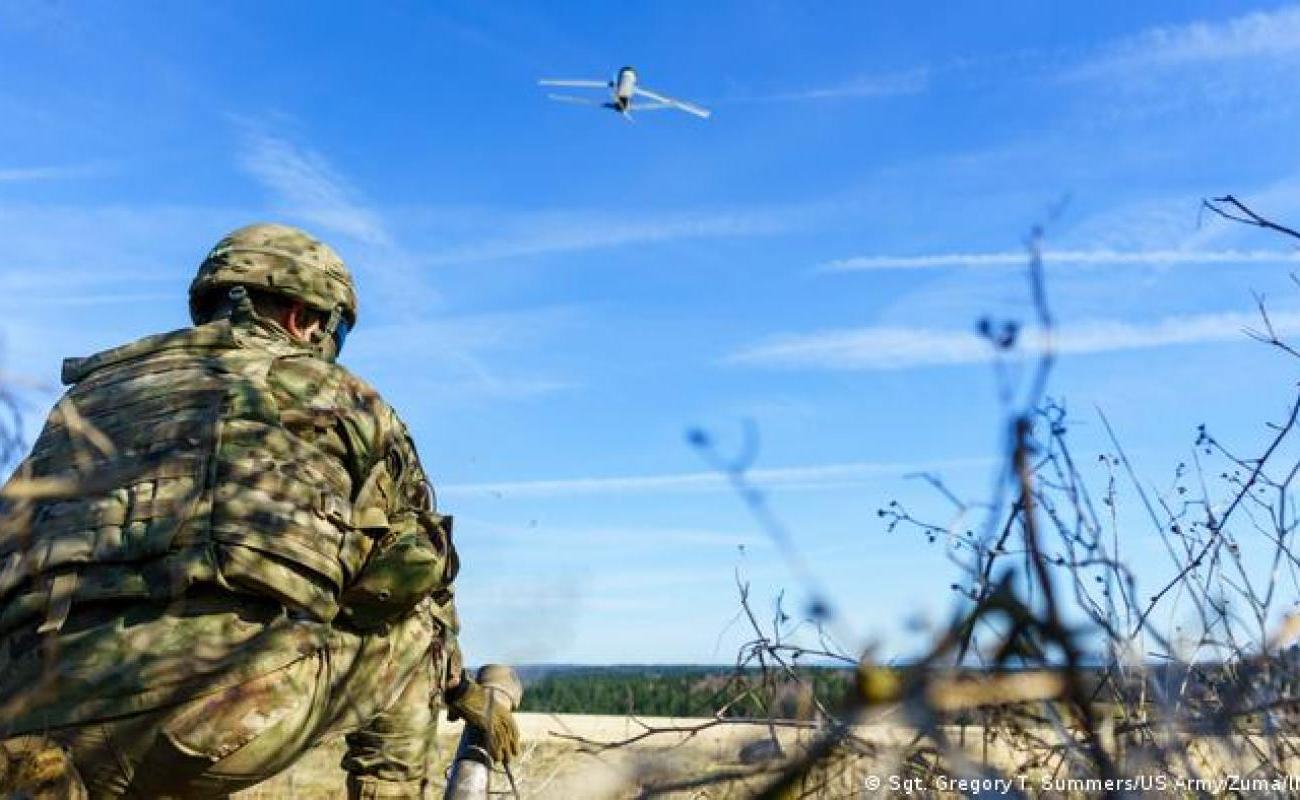EU agrees another 500 mln euros for Ukrainian arms

European Union foreign ministers agreed on Monday another 500 million euros ($504 million) of EU funding to supply arms to Ukraine, taking the bloc’s security support to 2.5 billion euros since Russia invaded Ukraine on Feb. 24.
“Today at the EU foreign ministers meeting, a political agreement was reached on the fifth tranche of military assistance to Ukraine,” Sweden’s Foreign Minister Ann Linde said in a statement.
The money should help the EU continue to jointly buy equipment and supplies for the Ukrainian military, including lethal weaponry, which the bloc has said should be used for defensive purposes.
EU rules normally prevent the bloc from using its seven-year budget to fund military operations, but the so-called European Peace Facility, which has a limit of 5 billion euros, is off-budget and can be used to provide military aid.
The EU approved the first tranche of aid just after Russia’s invasion began, in what was described by EU officials as a watershed moment for a bloc long wary of military involvement beyond its borders.
However, with half of the seven-year facility already being given to Ukraine after just five months, it is unclear how the EU can keep up its financing of the purchase and delivery of weapons and other equipment if Russia’s invasion continues.
The EU’s top diplomat Josep Borrell told a news conference that was highly likely, saying that the war would go on. He sought to show Ukraine that the EU was not giving up, adding that he expected EU ambassadors to approve a new EU import ban on Russian gold later this week.
“I’m sure (Russian President Vladimir) Putin is counting on the democratic fatigue… He believes that democracies are weak. Look, no. The European societies cannot afford fatigue,” Borrell said.
Lithuanian Foreign Minister Gabrielius Landsbergis also called for Europeans to stay the course, saying that even as governments and parliaments head off for a summer recess, “Russian troops have no plans to take free days from further attacking Ukraine.”
The unprecedented scope of Western sanctions on Russia includes an oil embargo, banning transactions with Russia’s central bank and freezing its assets, and halting new investments in Russia.
But Putin has reaffirmed his determination to continue what he calls the “special military operation” in Ukraine, despite the destruction of Ukrainian cities and deaths of thousands of people.
